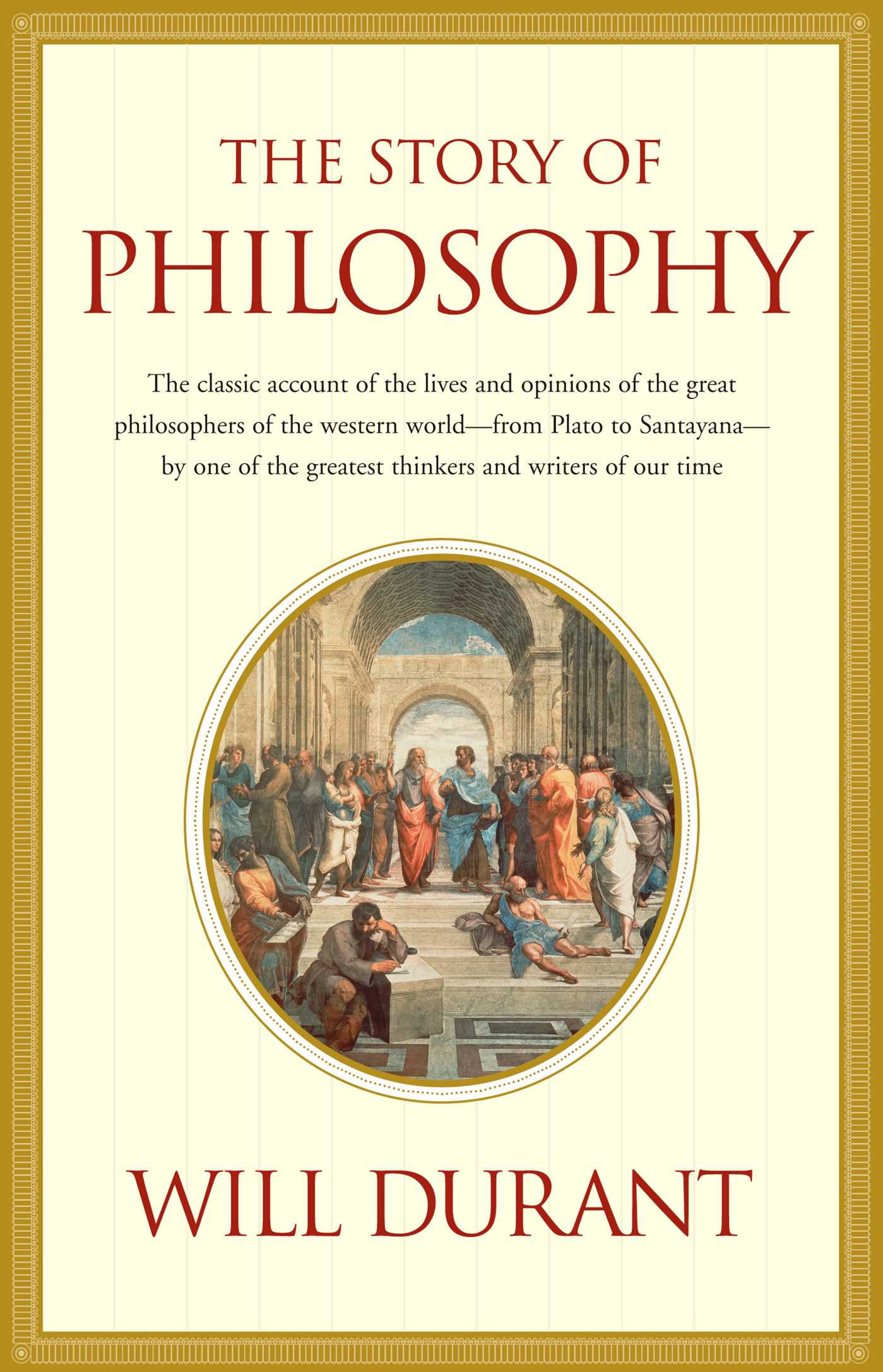
The Story of Philosophy
Author: Will Durant Category: Biography Published: January 1, 1926 Language: English File Size: 26.1 MB Tags: Biography | Classics | History | Nonfiction | Philosophy | Psychology | Reference | Science | Unfinished |Theme:
The Story of Philosophy by Will Durant, traces the lives and ideas of several prominent Western philosophers including Plato, Spinoza, Kant, and Nietzsche. Each philosopher was influenced by his historical context, personal history, and philosophical predecessors.
Famous Quotes:
To speak ill of others is a dishonest way of praising ourselves.
We are what we repeatedly do. Excellence, then, is not an act, but a habit.
Civilization is not inherited; it has to be learned and earned by each generation anew.
Education is a progressive discovery of our own ignorance.
We are often forced to grow when we least expect it.
The greatest nations have all acted like gangsters and the smallest like gentlemen.
Nature uses innocence to seduce us; philosophy, to console us; and vice to drive us mad.
A man of genius is beyond all temporal bonds.
The tragedy of civilization is that the cost of civilization must always be pretty high.
No passion can long hold out against attack, or even honest inquiry.
The knowledge of the past stays with us, while the hope of the future departs.
The permanent temptation of life is to confuse dreams with realities.
The measure of a civilization is how it treats its weakest members.
Beautiful lines:
The love of liberty is the love of others; the love of power is the love of ourselves.
The first condition of progress is the removal of censorship.
Every science begins as philosophy and ends as art.
True love is inexhaustible. The more you give, the more you have.
The function of education is to teach one to think intensively and critically.
The ability to think for one’s self depends upon one’s ability to master the elements of information and knowledge.
The greatest question in the world is not ‘Where did we come from?’ but ‘Where are we going?’
Morality is individual. Sin is social.
The imagination is the aorta of all literature.
The primary function of every living organism is the presupposition of its offspring.
Literature is the music of the intellect, and poetry is the singing of the heart.
All civilization begins in conquest; all end in sloth and superstition.
We are lonely at birth, and we are lonely at death. Our chief companions through life are contradictory.
A great man is always willing to be little.
Great ages are marked chiefly by great failures.
The essence of civilization is the consecration of human power to the service of human progress.
Back
